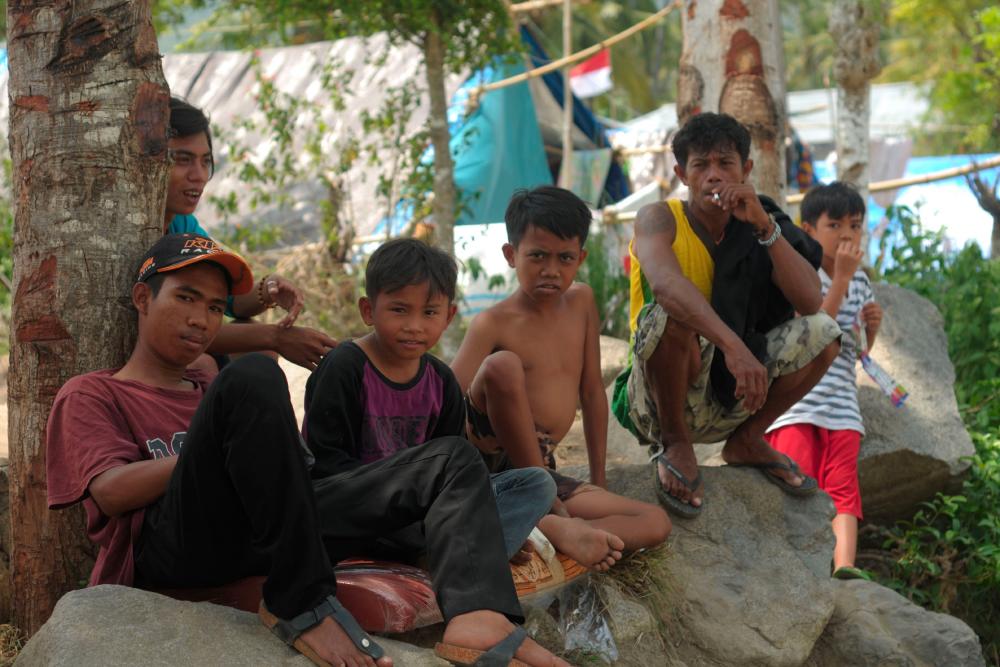PETALING JAYA: Six months after the devastating earthquake and tsunami hit Palu, the affected residents there are still grappling with an uncertain future in their makeshift tents.
The question of the basic necessity of life from housing to food and education still hangs over their head.
However, signs of resilience and recovery are showing with many of them coming up with innovative ways to bounce back after the devastating disaster.
About 300m from the liquefaction site in Beloroa, a group of enterprising villagers have established a horse-riding business to bring tourists for joy rides around the disaster site. Small stalls dot the landscape, selling snacks, drinks and others.
Macabre as it sounds, disaster tourism helps to rebuild the economy and increase self-reliance among the thousands who lost everything last September.
This was especially true for communities who lived close to the liquefaction areas of Sigi and Beloroa.
“What they really need at the moment is a sense of normalcy. This means being able to accept the reality of what had happened, and finding the strength to rise above the challenges at hand,“ Mercy Malaysia president Datuk Dr Ahmad Faizal Perdaus during an official visit to Palu on Monday.
The organisation kicked off a plan to upgrade the 205 transit shelters built at Antara Lere into temporary shelters for added comfort.
The shelters, made of pre-fabricated lightweight steel frames, wooden walls and zinc ceilings, can provide shelter for the next year or until the villagers’ homes are rebuilt by the government.
At the Hunian Antara Lere which houses over 200 families, a sense of calm prevails, evidenced by the decorative flowers and plants in the settlement.
“It will take time before they can get their old lives back. But for now, there is strong resolve and community spirit, with the women conducting regular gotong-royong cooking, and silat practice every night,“ Faizal said after presenting badminton rackets, silat suits, bodyguards and a punching bag to the community leaders.
Recreational activities provide an outlet to release stress and increase emotional resilience, he adds. In the next two days, a disaster risk reduction programme will be conducted for the local community, authorities and NGOs.
Mercy Malaysia has spent RM1.8 million on humanitarian aid in Palu which includes emergency medical response, building of toilets, tube well, shelters and safe spaces for women and children.













